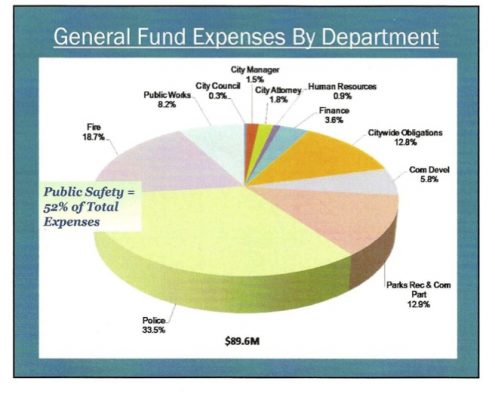What You Missed In The 2019 State-Of-The-City Speech

“The great enemy of the truth is very often not the lie…but the myth, persistent, persuasive and unrealistic.”
—John F. Kennedy

Mayor Matt LaVere filled his 2019 State-of-the-City address with images of a utopian Ventura. Unfortunately, it lacked specifics on addressing Ventura’s most pressing issues.
The mayor laid out his seven goals for 2019-2020. His vision included several goals that his predecessors didn’t achieve. Six of the seven were unmeasurable. What’s more, many goals are mere rhetoric and very little substance.
VENTURA’S HOMELESS CENTER
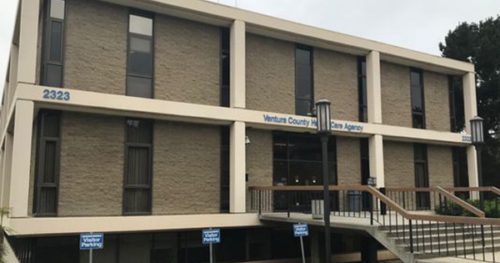 Topping the mayor’s list of priorities was opening a permanent, full-service homeless shelter by December 31, 2019. The date gives this goal specificity. Opening the center doesn’t begin to solve the problem, though. Mayor LaVere and the City Council equate opening a homeless center with improving Ventura’s homeless situation. They are not the same thing.
Topping the mayor’s list of priorities was opening a permanent, full-service homeless shelter by December 31, 2019. The date gives this goal specificity. Opening the center doesn’t begin to solve the problem, though. Mayor LaVere and the City Council equate opening a homeless center with improving Ventura’s homeless situation. They are not the same thing.
Homelessness has risen the past three years to 555 persons from 300 in 2016. In that time, the city has increased spending on the homeless. The problem continues to grow despite spending more tax money to solve it.
The Council and city government are hoping the new homeless shelter will stem the tide. A closer look at the facts, though, shows their hope is not well-founded. There will be 55 beds, and it will cost Ventura $712,000 per year. Filling every bed will still leave 500 homeless persons on the street. The shelter will serve only10% of the homeless population.
 What’s more, the City Council conflates opening the center with helping the homeless. The goal shouldn’t be to have beds available. That’s an intermediary step. The goal should be to get the homeless off the street and return them to a healthy way of life.
What’s more, the City Council conflates opening the center with helping the homeless. The goal shouldn’t be to have beds available. That’s an intermediary step. The goal should be to get the homeless off the street and return them to a healthy way of life.
The real solutions to homelessness—a very complex problem—was missing from Mayor LaVere’s vision. There are examples of successful programs in other cities. Looking at successful programs, like the one in Providence, Rhode Island, would be a step in the right direction.
UPDATE THE GENERAL PLAN
The second goal was to reinitiate the General Plan update. Ventura city government will conduct public outreach throughout 2019. Other than holding several long-overdue citizen input meetings, the outcome will be unmeasurable.
The city must try new, innovative ways to reach citizens. Otherwise, it will miss valuable input. Young people are most likely to be underrepresented. Our younger citizens are generally absent from public meetings. Yet they will live with the consequences of the General Plan.
The mayor and City Council are relying upon the voters to be content that the city was doing the outreach.
ECONOMIC DEVELOPMENT

The third goal is to create a comprehensive economic development strategy. The strategy would include several key focus areas, including:
- Auto Center and Focus Area 1
- The Johnson Drive corridor. Mayor LaVere cited the North Bank Apartment project as an example.
- Front Street. The mayor wants to turn it into Ventura’s version of Santa Barbara’s Funk Zone.
Missing from the address is the vital fact that economic development begins with other people’s money. It takes investors willing to put up the capital to improve the business environment. How will the City of Ventura invite and welcome investors who want to start or move their business in Ventura?
Santa Barbara’s Funk Zone succeeds because the city made it easier to rebuild in the area. Developers lament that Ventura’s city government makes it difficult to do business. Stifling regulations, fees and planning delays force investors to look elsewhere. The new economic development plan should have one single goal to stimulate growth. Force the city to review, streamline or remove building codes and regulations wherever possible.
VENTURA BEAUTIFUL
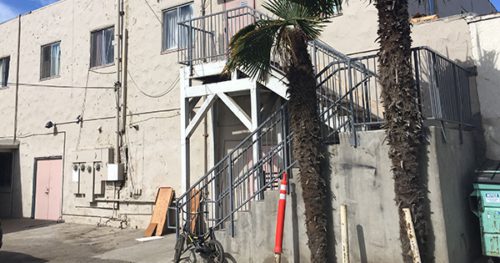 Mayor LaVere’s fourth goal is to beautify the community. He wants to end what he termed “blight.”
Mayor LaVere’s fourth goal is to beautify the community. He wants to end what he termed “blight.”
Like the economic plan goal in the 2019 State-of-the-City address, this goal relies on “other people’s money.” Homeowners must invest in eliminating the so-called blight. There is no compelling reason for property owners to reinvest in some properties. The same stifling regulations and fees that deter investors hurt homeowners, too.
Following the Thomas Fire, the city reduced the building permits and fees for rebuilding. If the mayor is serious about improving blight, offer similar reductions to anyone enhancing their property. That would be measurable.
COASTAL AREA STRATEGIC PLAN
The fifth 2019 State-of-the-City goal is also unmeasurable and unspecific. Mayor LaVere says we must develop a Coastal Area Strategic Plan. He contends we need this because of climate change. He offered no further details.
The same faults of gaining input for the General Plan apply to the Coastal Area Strategic Plan. Find ways to reach all citizens.
BUILDING COMMUNITY
Mayor LaVere’s sixth goal is for the Ventura community to come together by building parks. Building community was a goal of both Mayor Erik Nasarenko and Mayor Neal Andrews. Three years and three administrations later, this goal remains.
 The mayor hopes to achieve this goal by building community parks. The Westside Community Park set the model. Mayor LaVere’s first target is Mission Park.
The mayor hopes to achieve this goal by building community parks. The Westside Community Park set the model. Mayor LaVere’s first target is Mission Park.
Like the other goals, rebuilding Mission Park lacked specifics, budgets, timelines or measurable results. Moreover, this plan has one fault the others don’t have, public safety.
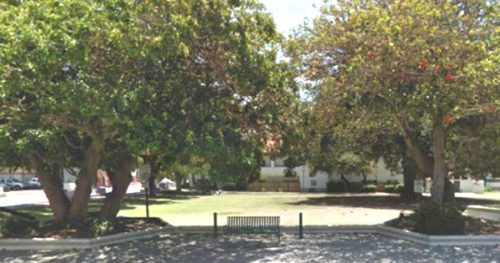 Mission Park is home to a growing number of Ventura’s homeless population. To prepare the area, the homeless must move elsewhere. The 55-bed homeless shelter isn’t the solution. Also, even if we scatter the homeless, there are safety issues. Someone would have to clean the discarded needles, drug paraphernalia and human waste from the park.
Mission Park is home to a growing number of Ventura’s homeless population. To prepare the area, the homeless must move elsewhere. The 55-bed homeless shelter isn’t the solution. Also, even if we scatter the homeless, there are safety issues. Someone would have to clean the discarded needles, drug paraphernalia and human waste from the park.
STOPPING THE BLEEDING
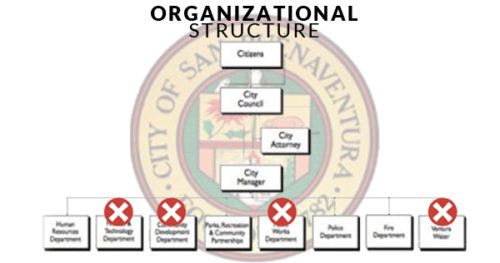 The need for key personnel is a huge problem. To fulfill any of our mayor’s goals requires adequate staff. The final 2019-2020 goal is to stabilize and strengthen our city government. The city has eight unfilled, critical managerial positions and dozens of vacant jobs. The city will achieve none of the other ambitious goals if there aren’t enough workers at City Hall.
The need for key personnel is a huge problem. To fulfill any of our mayor’s goals requires adequate staff. The final 2019-2020 goal is to stabilize and strengthen our city government. The city has eight unfilled, critical managerial positions and dozens of vacant jobs. The city will achieve none of the other ambitious goals if there aren’t enough workers at City Hall.
We know this is City Manager Alex McIntyre’s responsibility. In February, he requested six months to fill those positions. Four months remain. He needs time to recruit qualified people and offer competitive compensation. We hope Mr. McIntyre will fill those roles soon, but if he doesn’t, how will the City Council help and support him?
EDITORS’ COMMENTS
This year’s 2019 State-of-the-City speech was platitudes, a utopian vision and fuzzy logic. Those may have worked when we were a quaint beach town, but they don’t work today.
These are challenging times for the city. An understaffed government is trying to do the people’s work, but it’s hard. Issues like homelessness, economic development and community building, are secondary to the daily duties.
Mayor LaVere presented his vision of what Ventura could be. Unfortunately, he may have made promises his administration can’t keep. Worse still, his optimism lacked specifics and failed to address Ventura’s most pressing issues: employee retirement costs, water costs and public safety. Nonetheless, if the commitments are vague enough, no one will be able to measure if we keep them or not.
FORCE THE CITY COUNCIL TO BE MORE REALISTIC WITH ITS 2019 STATE-OF-THE-CITY GOALS
Below you’ll find the photos of our current City Council. Click on any Councilmember’s photo and you’ll open your email program ready to write directly to that Councilmember.
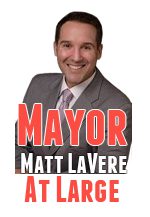 |
 |
|
 |
 |
|
 |
 |
|
 |
For more information like this, subscribe to our newsletter, Res Publica. Click here to enter your name and email address.

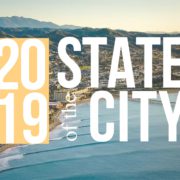




 City Manager
City Manager Water Department’s New General Manager
Water Department’s New General Manager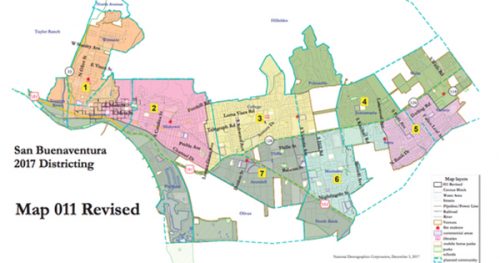


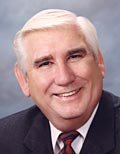




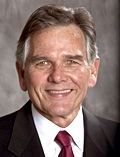

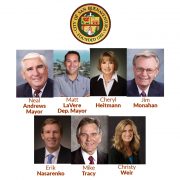




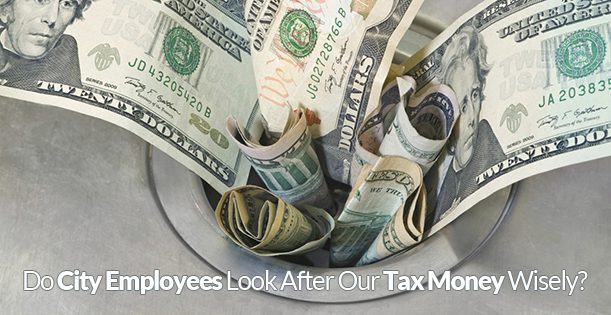
 No matter what the reason is, the City Council has to stop looking at taxpayers as an endless faucet from which money flows. It’s time they started spending our tax money as if it was coming out of their own pockets, not some faceless person.
No matter what the reason is, the City Council has to stop looking at taxpayers as an endless faucet from which money flows. It’s time they started spending our tax money as if it was coming out of their own pockets, not some faceless person.

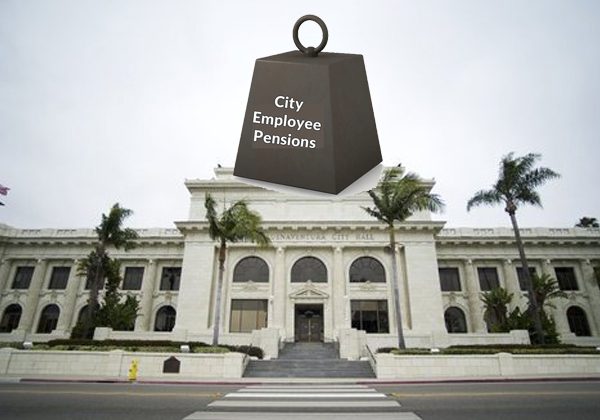
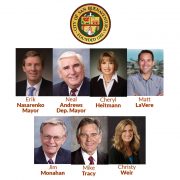


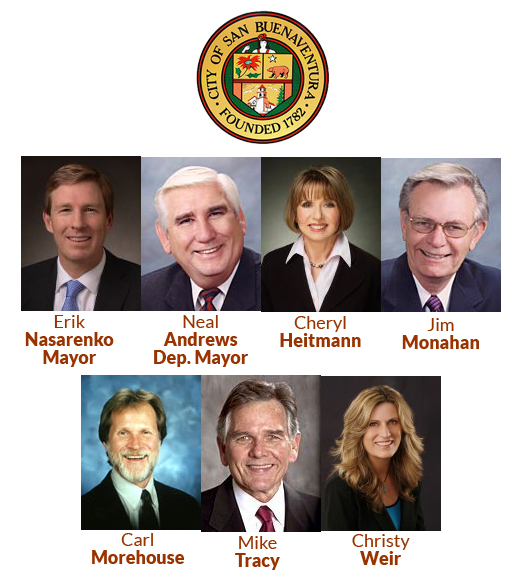
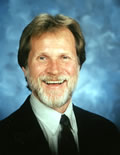


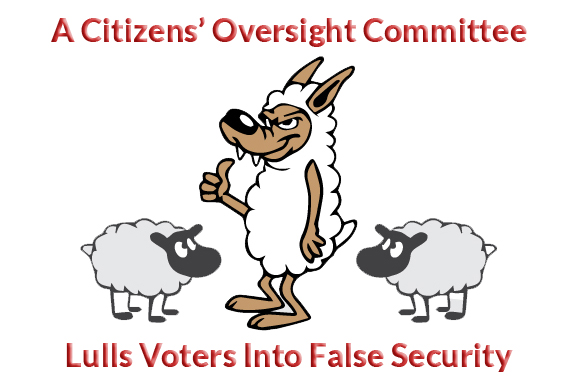

 Fool me once, shame on you. Fool me twice, shame on me.
Fool me once, shame on you. Fool me twice, shame on me.


